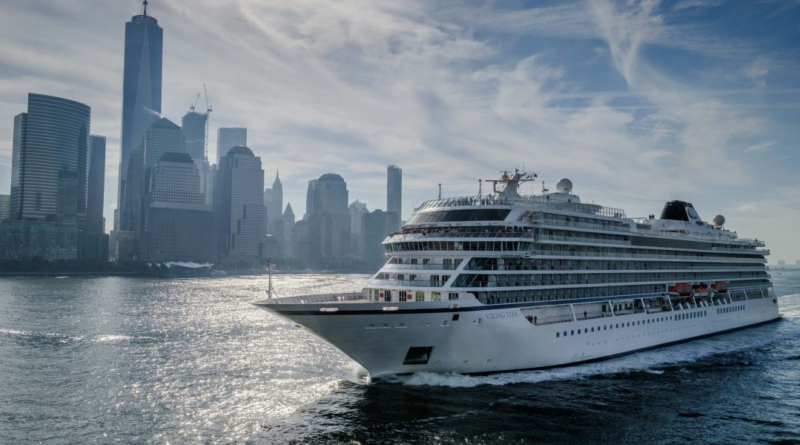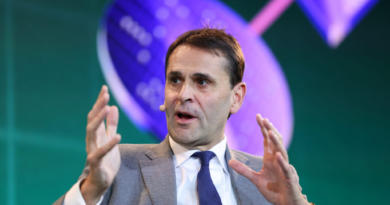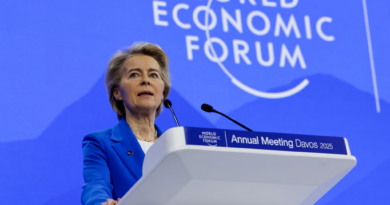Cruise operator Viking raises $1.5 billion in year’s largest IPO
The largest IPO of 2024 now belongs to Viking Holdings, which just raised $1.5 billion. Shares of the cruise operator opened Wednesday at $24 and closed at $26.10, up nearly 9%.
Viking’s solid first day of trading came after the cruise line operator again increased the size of its deal, boosting the number of shares offered by 20% to 64 million, which it sold at $24, near the top of its $21-to-$25 range. Previously, at $1.37 billion, a public offering by Amer Sport, the maker of Wilson tennis rackets, had been the year’s largest.
Of Viking’s 64 million shares, 11 million were offered by Viking, with the remainder coming from shareholders, according to a regulatory filing dated April 29.
CEO Torstein “Tor” Hagen said that the decision to take the company public was to provide liquidity to the firm’s backers, specifically Canada Pension Plan Investment Board and TPG. Both CPPIB and TPG agreed to sell 21 million shares, according to the company’s F-1. At $24, each firm raised $504 million. (CPPIB declined to comment. TPG could not be immediately reached for comment.)
“The private equity firms, at some stage, have to create liquidity from their investments, and they’ve been in now for eight years—so it was as good a time as any,” Hagen told Fortune in an interview. “During the pandemic, it was not easy, and I think now coming out of that and having good results, that was the natural thing to do.”
Rest of 2024
Viking’s performance comes as the IPO market continues to gain strength. In April, 18 public offerings raised a combined $5.3 billion, according to Renaissance Capital. This total comes close to the $7.8 billion collected by new issues market in all of the first quarter.
“We’re back to valuations that are similar to 2018, 2019 for most companies in technology,” Colin Stewart, Morgan Stanley’s global head of technology equity capital markets, said on CNBC’s TechCheck. “Those are good valuations on a relative basis—that’s why I think people are starting to come back.”
However, Stewart said the actual comeback for IPOs may occur in 2025, with many companies leery of going public while awaiting the outcome of the U.S. presidential election.
“If you’re a technology company thinking about going public, you’re pretty much starting new in ’25,” said Stewart.
The Ernst & Young Q1 Global IPO Trends report also mentions the U.S. elections as a factor that could affect the overall marketplace. The report warns that although, historically, election years don’t affect public offerings, companies should be prepared for investor sentiment to change as a result of political events, including the election and other geopolitical factors.




